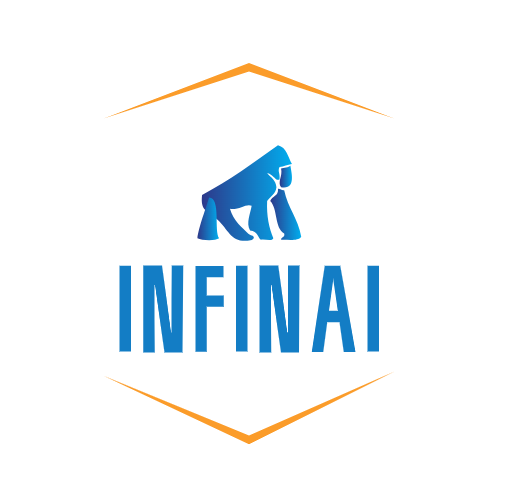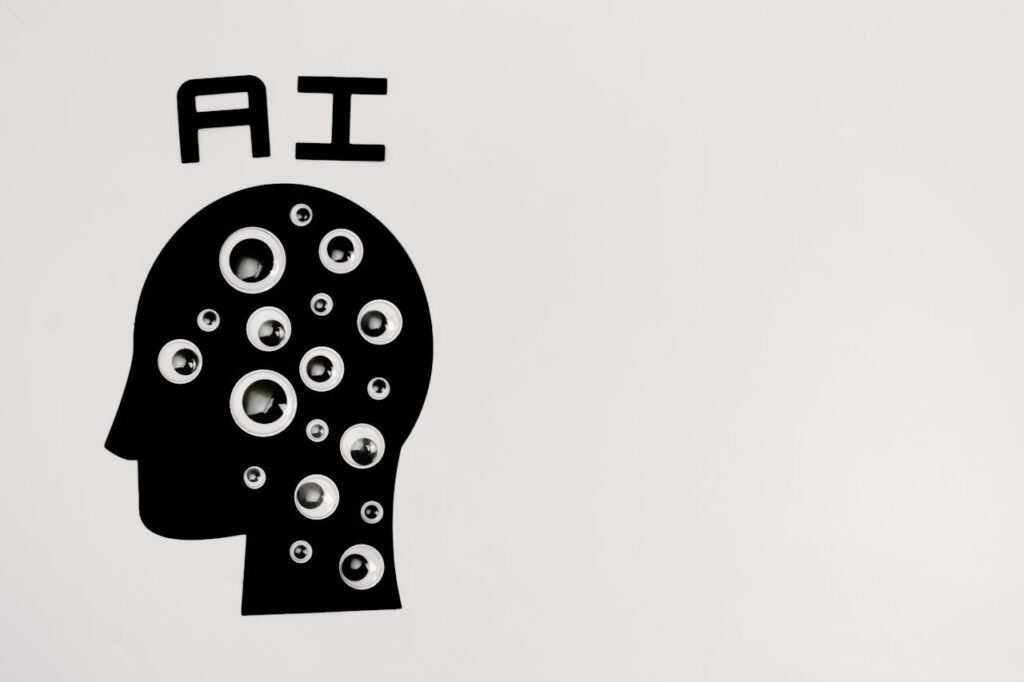
Outline
- Introduction
- Overview of AI’s growing impact on daily life
- Importance of understanding AI’s benefits
- What Is Artificial Intelligence?
- Brief explanation of AI technology
- Examples of AI applications in everyday life
- 1. Enhanced Efficiency and Productivity
- How AI automates repetitive tasks
- Benefits for various industries (e.g., manufacturing, retail)
- 2. Improved Decision-Making
- AI’s role in analyzing data and forecasting trends
- Example: How businesses leverage AI for strategic planning
- 3. Healthcare Advancements
- AI in diagnosing diseases and patient monitoring
- Examples: Medical imaging, personalized treatments
- 4. Enhanced Customer Experience
- Chatbots and virtual assistants
- Personalized recommendations (e.g., streaming platforms)
- 5. Enhanced Security and Fraud Detection
- AI’s role in cybersecurity
- How AI detects fraud in finance
- 6. Better Transportation and Logistics
- Self-driving cars and route optimization
- AI’s influence on the logistics industry
- 7. Support in Education
- AI-powered learning tools and personalized education
- Examples: Adaptive learning software, virtual tutors
- 8. Environmental Conservation
- AI’s use in monitoring climate and wildlife
- Examples: Predicting natural disasters, conservation efforts
- 9. Smart Home Solutions
- Overview of AI in home automation
- Examples: Voice-activated assistants, smart thermostats
- 10. Boosting Innovation Across Industries
- How AI drives new innovations and technology
- Examples of AI-driven research and development
- Challenges and Ethical Considerations of AI
- Addressing concerns about job displacement
- The importance of responsible AI use
- Conclusion
- Recap of AI’s positive impact
- Encouragement to embrace AI responsibly
- FAQs
- How does AI help in our daily lives?
- Is AI safe to use?
- What industries benefit the most from AI?
- Can AI replace human jobs?
- How does AI affect privacy?
How AI Helps Us
Artificial Intelligence (AI) is reshaping our world in incredible ways, from the gadgets in our pockets to complex medical advancements. AI enables machines to perform tasks typically requiring human intelligence, making it a transformative tool across various industries. But beyond the tech-speak, let’s look at how AI is genuinely helping us in our day-to-day lives.
What Is Artificial Intelligence?
AI describes computer systems created to replicate human cognitive abilities. From voice-activated assistants like Siri and Alexa to predictive algorithms on your favorite streaming platform, AI is embedded in much of the tech we use daily. AI can analyze vast amounts of data, recognize patterns, and even “learn” from experiences, which enables it to perform many tasks faster and more accurately than humans.
1. Enhanced Efficiency and Productivity
AI excels at automating repetitive tasks, which allows people to focus on more strategic work. In manufacturing, AI-powered robots can work 24/7 without breaks, increasing production rates. In offices, AI software can manage data entry, scheduling, and even customer service, freeing up time for employees to tackle creative or complex projects.
2. Improved Decision-Making
AI’s ability to analyze large datasets enables businesses and organizations to make informed decisions. AI algorithms can forecast trends, help retailers optimize inventory, or assist finance teams in spotting profitable investment opportunities. The insights provided by AI allow for quicker and more accurate decision-making, a vital edge in today’s fast-paced world.
3. Healthcare Advancements
One of the most promising applications of AI is in healthcare. AI can analyze medical images, assist in early diagnosis, and even personalize treatments. AI-powered diagnostic tools are speeding up the detection of conditions like cancer, allowing doctors to intervene earlier. Additionally, AI helps monitor patients remotely, providing more accessible healthcare solutions for those in remote areas.
4. Enhanced Customer Experience
AI-driven chatbots and virtual assistants streamline customer service, helping companies provide 24/7 support. These tools answer queries, resolve issues, and offer personalized recommendations based on customer behavior. For instance, streaming platforms use AI to suggest content tailored to individual tastes, creating a more engaging experience.
5. Enhanced Security and Fraud Detection
AI has become a crucial tool in cybersecurity. It can identify suspicious patterns, detect cyber threats, and respond to potential security breaches much faster than human intervention would allow. In banking, AI-powered systems analyze transactions in real-time, spotting and preventing fraudulent activity before it impacts customers.
6. Better Transportation and Logistics
AI is at the heart of self-driving cars, optimizing routes for delivery services, and streamlining logistics operations. For instance, AI in logistics can predict the best shipping routes, improving efficiency and reducing costs. Additionally, autonomous vehicles are shaping the future of transportation by reducing human error, improving road safety, and potentially lowering fuel consumption.
7. Support in Education
AI is reshaping the education sector by delivering individualized learning experiences tailored to each student. AI-powered platforms adapt to individual learning speeds, helping students grasp concepts better. Virtual tutors are also available to assist students with various subjects, offering instant support that traditional classroom settings might not provide.
8. Environmental Conservation
AI is also contributing to environmental conservation efforts. By analyzing climate patterns, AI helps predict natural disasters, enabling timely evacuations and disaster response. Additionally, AI-powered drones and sensors monitor wildlife populations, track deforestation, and help in conservation planning, making it a powerful ally in protecting the environment.
9. Smart Home Solutions
AI has made its way into our homes through smart devices like voice-activated assistants, smart thermostats, and security cameras. These devices learn from our habits to create a more convenient, efficient, and safe home environment. For example, a smart thermostat can adjust temperature settings based on occupancy patterns, reducing energy consumption and saving on utility bills.
10. Boosting Innovation Across Industries
AI is a driving force behind many recent innovations. In research and development, AI speeds up discoveries in fields like pharmaceuticals, renewable energy, and space exploration. It enables scientists and engineers to test hypotheses and model scenarios faster, bringing groundbreaking ideas to life at a much faster pace.
Challenges and Ethical Considerations of AI
While AI brings many benefits, it also raises challenges and ethical questions. Concerns about job displacement, privacy, and data security are valid and must be addressed. It’s crucial for companies and governments to implement AI responsibly, ensuring it enhances human life without infringing on rights or opportunities.
Conclusion
AI has become an integral part of our lives, making everything from healthcare to home life more efficient and innovative. As we continue to advance in AI technology, embracing these tools responsibly and ethically will allow us to unlock even more potential while addressing any challenges that come our way.
FAQs
1. How does AI help in our daily lives?
AI helps streamline tasks, improve decision-making, and enhance experiences, making daily activities like shopping, commuting, and even learning more efficient and enjoyable.
2. Is AI safe to use?
Yes, AI is safe to use, especially when implemented with responsible practices. However, ongoing efforts are essential to address data privacy and security concerns.
3. What industries benefit the most from AI?
Industries like healthcare, finance, education, and logistics see significant benefits from AI, as it enhances efficiency, safety, and customer experiences.
4. Can AI replace human jobs?
AI may replace some repetitive tasks, but it also creates new opportunities and roles focused on oversight, creativity, and complex problem-solving.
5. How does AI affect privacy?
AI processes vast amounts of data, which raises privacy concerns. Responsible use, along with strong data protection policies, helps safeguard user information.

